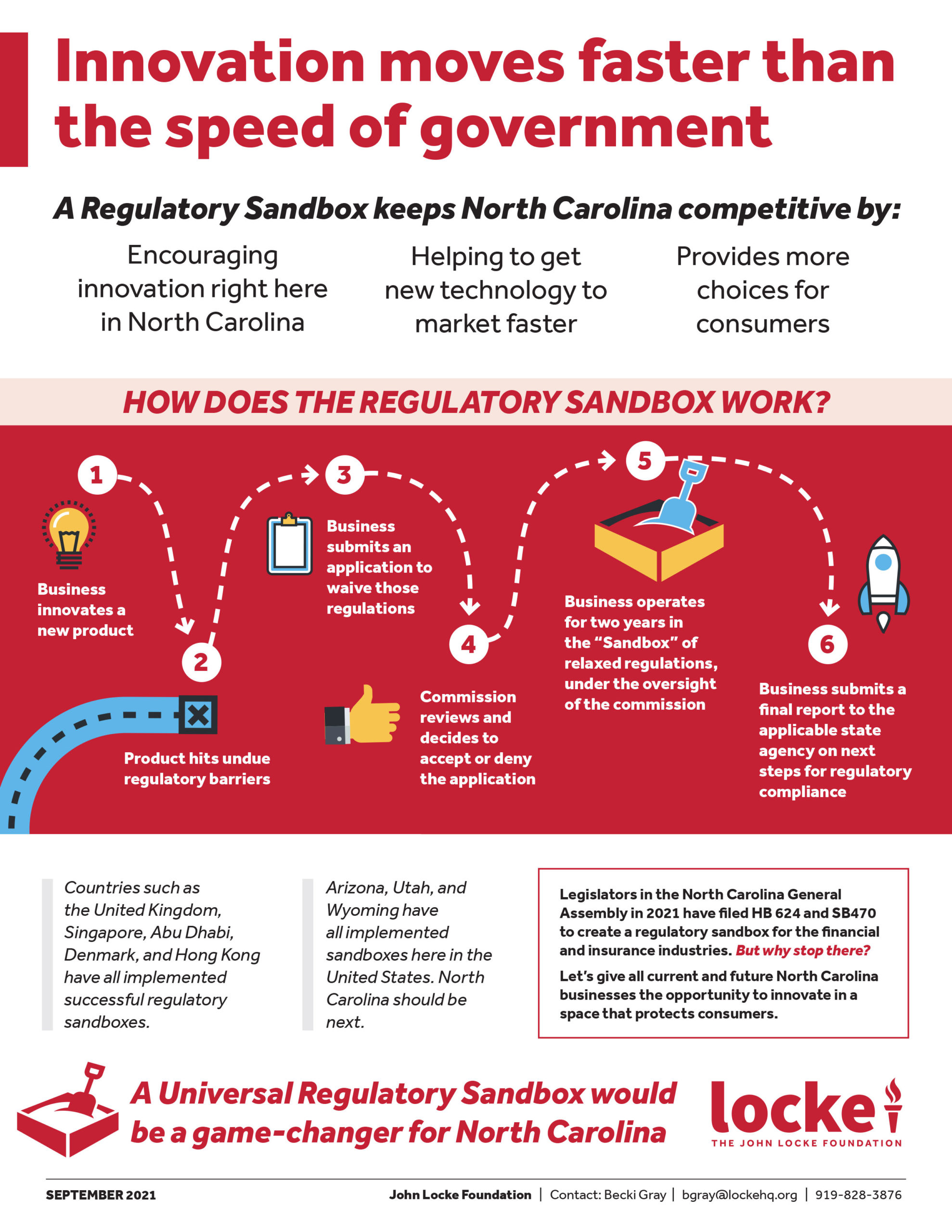The Security and Exchange Commission (SEC) wants to oversee it and China has outlawed it. But North Carolina and a handful of other states might just pave the way for it to flourish. What am I talking about?
Cryptocurrency; Bitcoin, Ethereum, Litecoin, and other blockchain currencies are growing in use, and governments across the world are looking for ways to exert authority through regulatory burdens.
Crypto is a digital currency, unlike our Federal Reserve-backed fiat dollar. There is no “money printer go BRRR” in the blockchain. Bitcoin, one of the most common cryptos, is designed to withstand the fickler bouts of inflation that fiat is sometimes vulnerable to, given its finite supply of 21 million “coins,” which are projected to be “mined” by 2140.
Increasingly, investors are diversifying their portfolios with crypto, and according to Visual Capitalist, consumers are using their digital currency for what it was ultimately designed: payments.
With the growing ubiquity of cryptocurrency, the SEC and states hesitant to embrace financial innovations during a time of increasing inflation should consider the work North Carolina and others are doing through “regulatory sandbox” legislation.
Eric Peterson, director of the Pelican Center for Technology, writes that regulatory sandboxes are “an alternative regulatory structure to deal with products that come with regulatory uncertainty. Companies that have such products can apply to test their products for a set period of time as long as they still comply with consumer protection standards. If they are accepted into the sandbox, they can offer it to consumers. When the testing period ends, they either comply with existing regulatory standards or they work with regulators to change those standards based on their experience in the sandbox.”
North Carolina is well on its way to passing such a bill. Last week, the North Carolina Regulatory Sandbox Act (H.B. 624) took another step toward becoming law by clearing the Senate Commerce and Insurance Committee.
Our state continues to be a welcoming hub for innovation and investment; a place of opportunity and achievement. Perhaps, with the passage of H.B. 624, it will also become a place for emerging cryptocurrency technologies to flourish.
To better understand how a regulatory sandbox bill would benefit North Carolina’s business climate, check this out:



